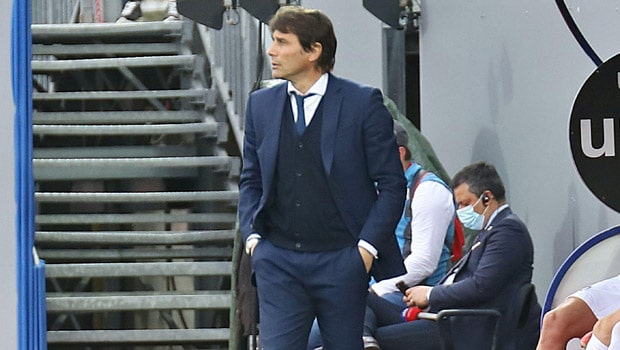New Napoli coach Antonio Conte has revealed why he signed for Chelsea after leaving the Italian national team.
The former Inter Milan manager finally returned to management in March 2023 when he left Tottenham Hotspurs by becoming Napoli boss after months of negotiation.
Looking back at his playing and coaching career, the former Juventus manager revealed that he would ‘never’ have left the Nazionale in 2016 if he hadn’t already signed a contract with Chelsea.
Speaking with the official FIGC digital channel, VivoAzzurroTV, Conte revealed that growing up in the streets taught him that “there are difficulties in life and nobody else will help you to resolve them.”
Conte, a former midfielder, got his first call-up to the Italy squad from Arrigo Sacchi in 1994 and was part of the World Cup squad.
Speaking on Sacchi’s passion for football, the former Spurs boss described him as a hard worker who left nothing to chance.
“I tried to adopt all those characteristics into my own career. He was obsessed, but for me, obsession with football is a positive thing,” the tactician added.
Conte returned to the Italy squad as a coach in 2014 after leaving Juventus, having won back-to-back Serie A titles but couldn’t record success.
He resigned after losing the EURO 2016 quarter-finals to Germany on penalties following a 1-1 draw.
He said it was difficult to leave those players, having created a real family atmosphere, which he said helped them overcome the limitations they had. After all, they were not a particularly strong group of players but one who wanted to prove that they were not inferior.
“Before the Euros began in April, I told the President that I wanted to return to coaching at the club level and had already signed up for Chelsea in April.
“I am convinced that if I hadn’t signed that contract already and had to instead decide at that moment during the Euros, I would never have left that group. It was too strong a bond.”
He will start another chapter with Napoli, hoping to revive them as one of the top teams in the division and, later, Europe.
























